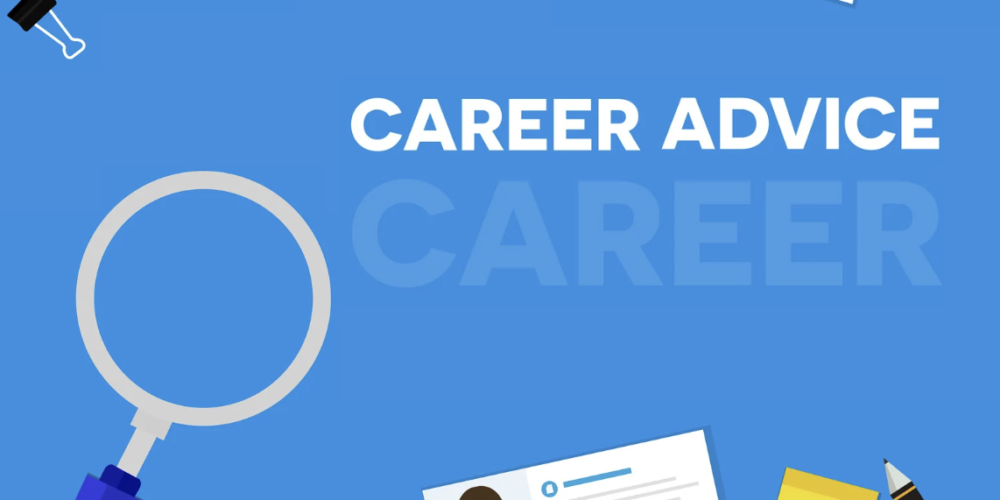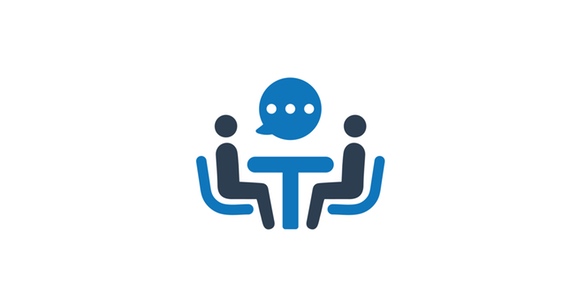Rejected, but don’t know why – What can you do?
- 30/08/2023
- Debbie Mendoza
- Grads' Corner
Although it shouldn’t, rejection hurts. It can also be baffling.
You’ve put your all into an interview, you really felt that you rocked on the day but all you get back is:
You were great, we just picked someone else.
What could you have done differently? Sadly, you might never know. Advice is always the same, “Make sure you get feedback”. But what do you do if feedback is either uselessly vanilla-flavouredor not forthcoming at all? Although some organisations do have a policy of providing quality feedback, they are in the minority.
So, in the absence of feedback, what is the route through to improving your chances of selection? Paying a specialist interview coach to work through your issues is viable, but can be very expensive. The simple alternative steps are to meaningfully:
i) Gather self-analysis
ii) Use it identify your weakest areas
iii) Work to overcome them
How do you do that? Set yourself the challenge of finding the top five main things you could work on that would increase your chances of selection.
- Look at your own self-analysis, written immediately after job interviews. What are the main ‘problem’ themes?
- In interviews, what are the aspects that most unsettle you whilst the interview is underway?
- Individually, ask every friend and contact you’ve got for just one thing they think you should work on improving.
The latter point is particularly valuable. The first two points look at the negatives of what you’ve been doing that might be a problem, but your views risk bias, especially if you find it hard to face up to your own weaknesses.
The last point gathers data from external sources and moves the emphasis to the positive things you can do. If someone says even something simple like, “Well, you could possibly make your points more concisely and speak more clearly” – Treat it as though it’s a golden ticket.
Your friends won’t necessarily ever see you in a work environment, but they know your shortcomings the best of anyone. No one likes criticism, especially from those closest to you, and friends are unlikely to ever be brutally honest with your shortcomings (which is what you really need), but they will ALWAYS give you something to improve upon if you can put them in a situation where they don’t have to criticise you.
Working in this way will allow you to construct a prioritised list of what to work on.
Jon is an author, editor and blogger who offers advice on job hunting, interview preparation & career development.






